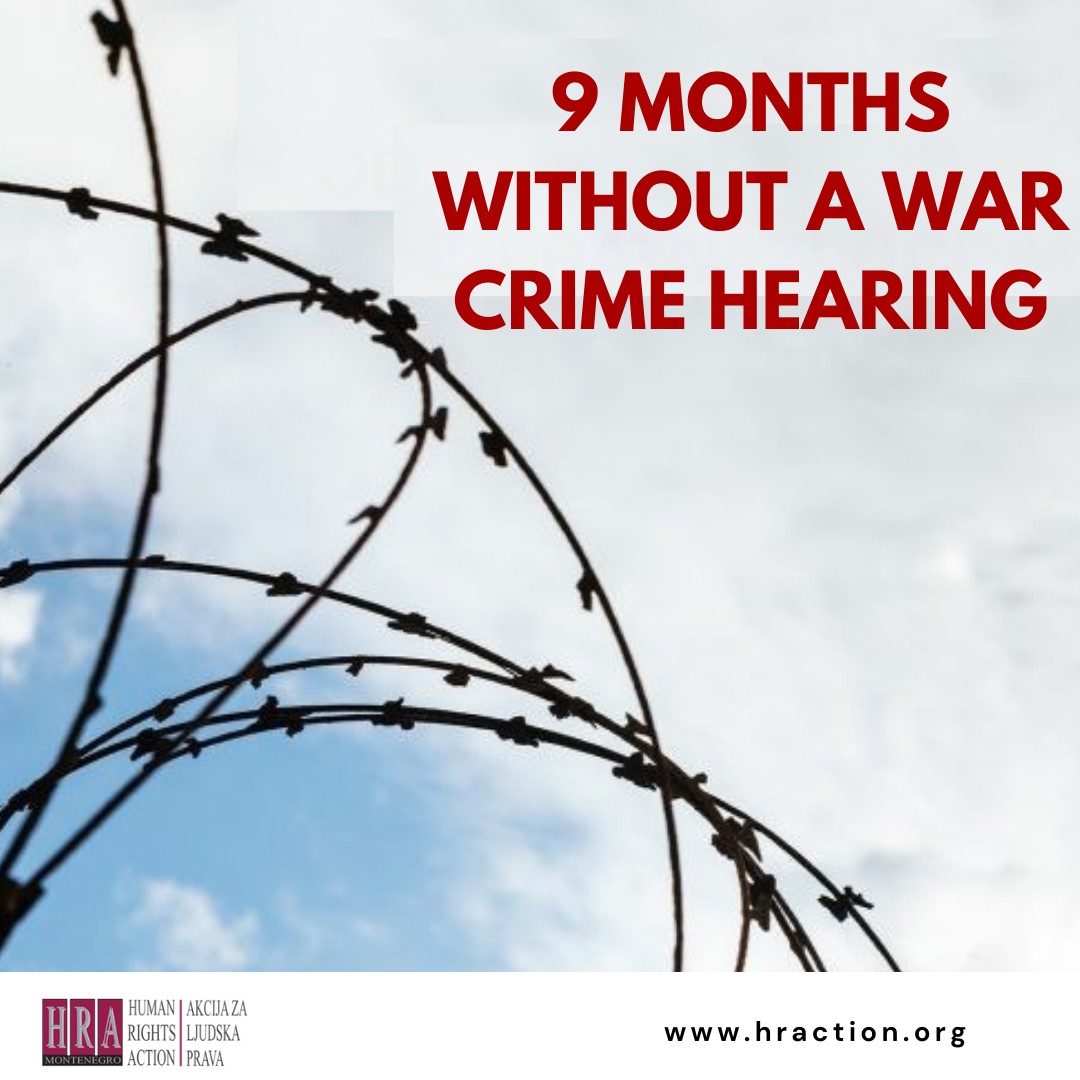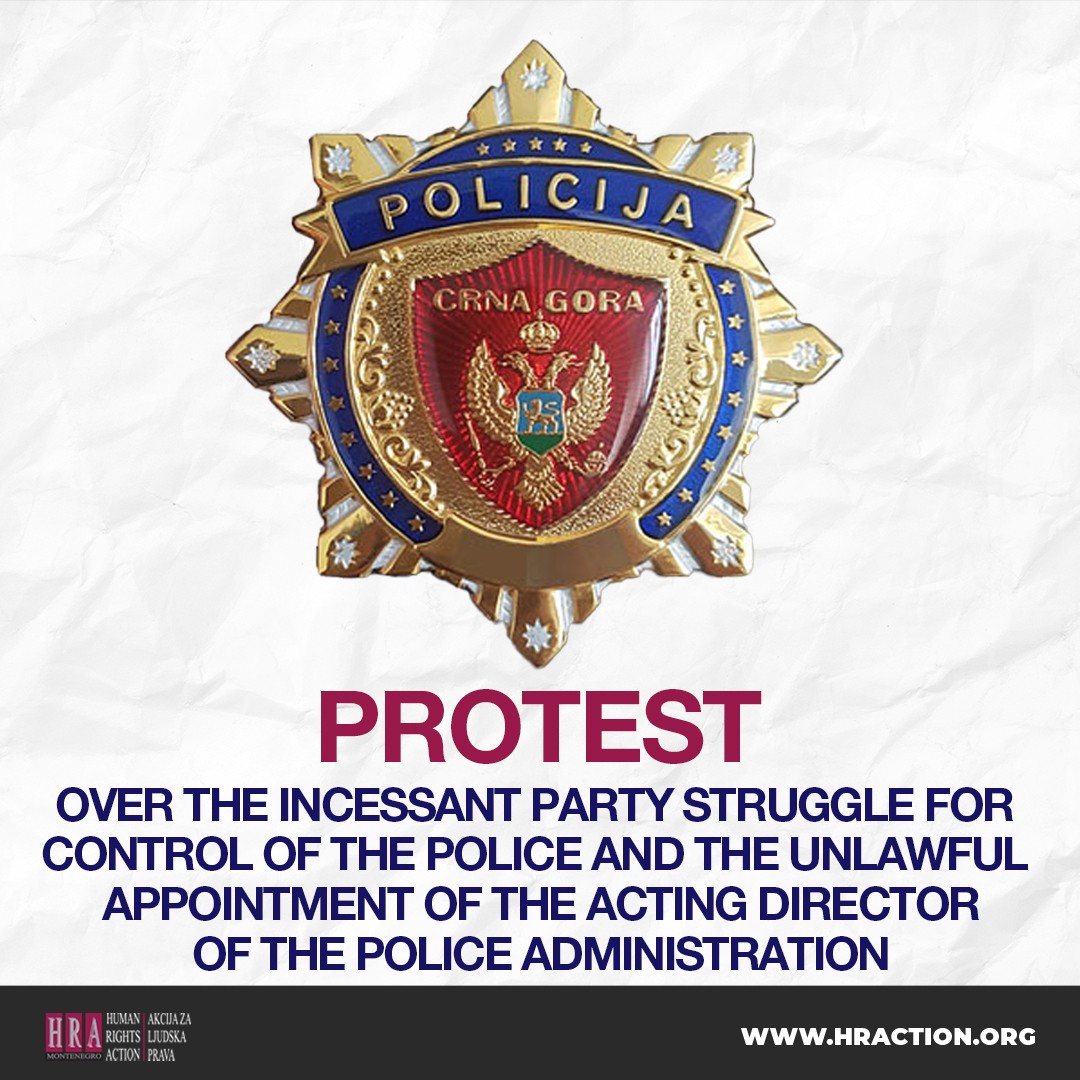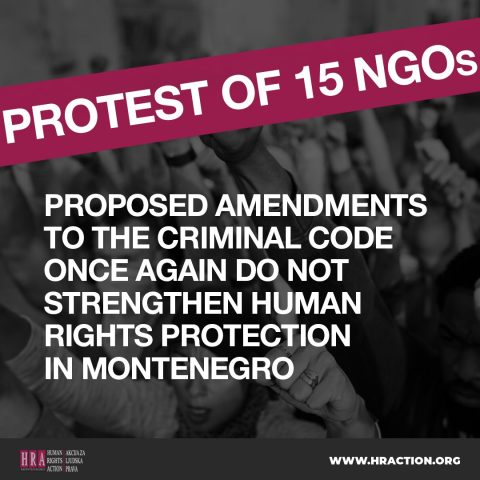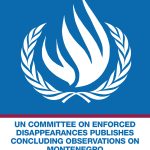Ignoring these recommendations represents a failure in adequate protection of human rights and establishment of legal certainty, fails to meet the interim benchmarks for Chapter 23, and is not in line with the expected dynamics of reform processes that should bring the country closer to European Union membership.
Ministry of Justice concluded the Draft Law on Amendments to the Criminal Code after only two meetings of the working group, whose members were not consulted at all about the final version of the draft. This procedure raises serious doubts about the purposefulness of forming any working group and involving NGOs in the preparation of laws and strategies, i.e. decision-making processes. Additionally, the public discussion will last only 20 days – until 18 March – and without a roundtable discussion, which would enable broader discussions with relevant representatives of the Ministry of Justice.
It is particularly alarming that the Ministry of Justice explained the need for an accelerated procedure for adoption of amendments by ‘work dynamics within Negotiating Chapter 23 and the fulfilment of Interim Measures’. However, out of five proposed amendments, only one has an impact on this chapter, while the others mainly relate to preventing money laundering and terrorist financing (Chapters 4 and 24).
On the other hand, for the process of improving fundamental rights, where Montenegro is required to align its legal framework with EU acquis and international standards, it was crucial to incorporate recommendations of, for example, the Committee Against Torture (CAT), the European Committee for the Prevention of Torture and Inhuman or Degrading Treatment or Punishment (CPT), the Committee on the Rights of Persons with Disabilities, which has not been done despite these bodies have been repeating them for years and non-governmental organizations continuously insist on them. The state is obliged to respect the recommendations of these bodies, as well as the obligations in the EU accession process.
Just 15 days ago, during the extraordinary visit of the CPT to Montenegro, Deputy Prime Minister Aleksa Bečić emphasized that ‘the Montenegrin government is currently taking concrete measures, such as amendments to the Criminal Code, aimed at strengthening the legal framework to combat torture and abuse.’ However, none of the Draft proposals refer to fight against torture, although harmonizing the definition of torture with the Convention Against Torture and Other Cruel, Inhuman or Degrading Treatment or Punishment, tightening penalty ranges and excluding statutes of limitations for all acts of torture were requested during public consultations for its preparation.
Our NGOs will reiterate the proposals presented to the Ministry of Justice and through the Working Group for the amendment of the Criminal Code at the public discussion. We expect the Government to ensure the urgent adoption of all recommendations of international institutions and bodies and enable Montenegro to progress in the negotiations for accession to the European Union.
Human Rights Action (HRA)
Spektra Association
Center for Democracy and Human Rights (CEDEM)
Center for democratic transition (CDT)
Centre for Civic Education (CCE)
Center for Investigative Journalism of Montenegro (CIN CG)
Centre for Monitoring and Research (CeMI)
Centre for the Development of Non-Governmental Organizations (CRNVO)
Women’s Rights Center (WCR)
LGBTIQ Association Queer Montenegro
Institute Alternative
Montenegro Media Institute
Juventas
Women’s Safe House
Association of Youth with Disabilities of Montenegro










 English
English